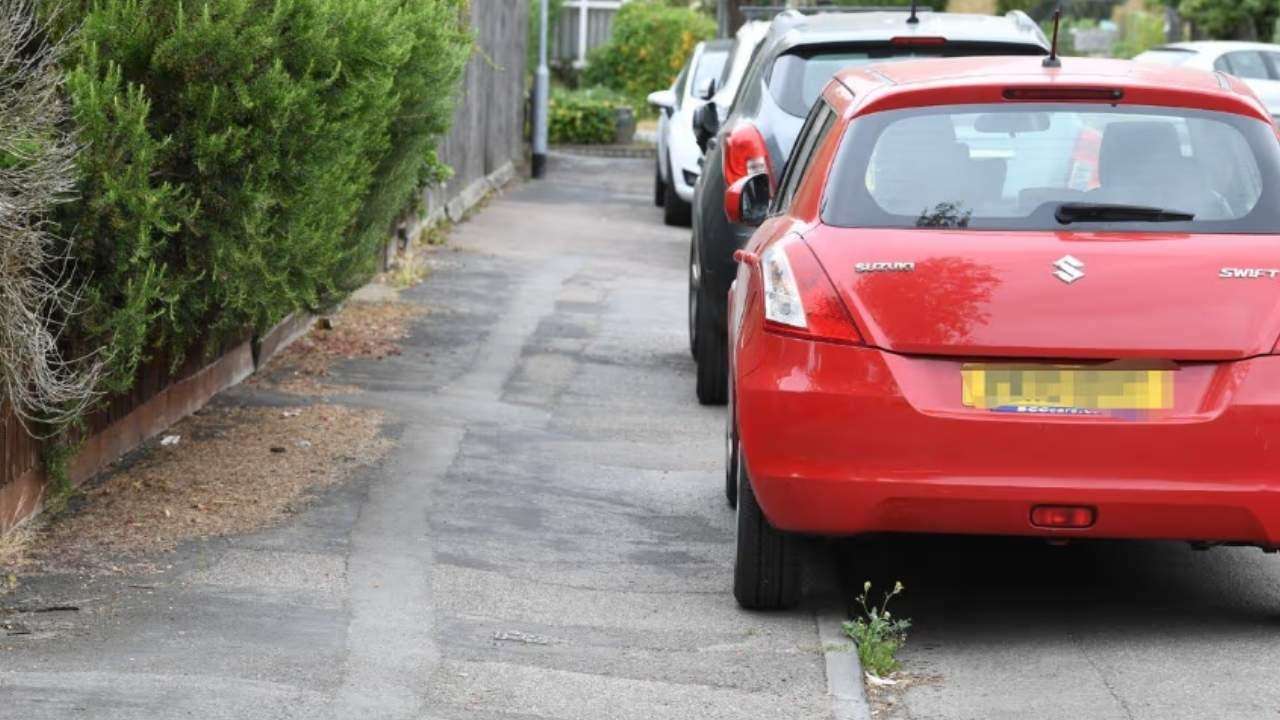The brakes are being slammed on the open-ended tax relief enjoyed by workers purchasing high-spec bicycles and accessories. Chancellor Rachel Reeves is reportedly preparing to reintroduce a spending limit on the hugely popular Cycle to Work scheme in the forthcoming Autumn Budget, scheduled for November 26. This move signals the government's intention to curb the escalating cost of the 25-year-old initiative and refocus its benefit squarely on ordinary commuters, rather than on subsidising what is being dubbed "luxury leisure."
The scheme, which allows employees to save up to 42% on a bike and equipment by purchasing it via a salary sacrifice—an interest-free loan repaid from their gross pre-tax salary—has exploded in cost and scope since the original £1,000 cap was removed in 2019. Official figures reveal the annual cost to the Exchequer has surged from £55 million in 2019-20 to £130 million in 2024-25, a stark 136% increase.
The removal of the £1,000 ceiling was initially hailed as a victory for the cycling community, as it made high-cost essential equipment like e-bikes and cargo bikes—often exceeding £2,000 to £4,000—accessible to more workers. E-bikes, in particular, are viewed as key to unlocking longer, hillier commutes and encouraging a wider demographic to embrace cycling. However, officials are now concerned that the uncapped relief is overwhelmingly benefiting high earners—jokingly dubbed "Mamils" (Middle-Aged Men in Lycra)—who are using the scheme to finance high-performance road bikes or premium e-bikes for weekend recreation rather than daily commutes.
A government source voiced this sentiment directly, telling the Financial Times that the scheme "should be about helping ordinary commuters switch to greener travel, not giving tax breaks to high earners buying £4,000 e-bikes for weekend rides in the Surrey Hills." The message is clear: taxpayers should not be footing the bill for luxury items.
The cycling industry has reacted with alarm. Industry bodies and retailers warn that a return to a restrictive cap, particularly one set too low, could devastate the market for e-bikes, which are critical for sustainable, active travel. Many quality, year-round e-bikes are priced above the speculated new cap. Furthermore, the Cycle to Work Alliance has previously estimated that the scheme generates significant economic returns, bringing in £4.40 to the UK economy for every £1 invested through improved health, productivity, and retail sales. The industry fears this momentum, which last year contributed £219 million in bike and accessory sales, could be lost.
While the new cap's precise limit remains unconfirmed—with figures from the original £1,000 to a more e-bike friendly £3,000-£4,000 being debated—the change is expected to be announced in the November 26 Budget. Any reform is unlikely to take effect until the start of the next tax year in April 2026, giving prospective buyers a window to take advantage of the current unlimited system. Existing loan agreements are highly unlikely to be backdated.
Beyond cycling, the Chancellor is also rumoured to be targeting other lucrative salary sacrifice schemes, including those related to electric vehicles (EVs) and, most notably, workplace pension contributions. Speculation suggests the government may seek to restrict the tax-free maximum contribution to pensions made through salary sacrifice, a change that could cost an employee earning £40,000 around £160 a year in lost tax benefits.
This planned crackdown on tax-advantaged perks highlights a broader government effort to increase revenue and demonstrate a commitment to fiscal responsibility by ensuring that taxpayer subsidies are directed towards essential transport and low-income support, rather than being exploited by higher-ratetaxpayers.








.svg)


.jpg)